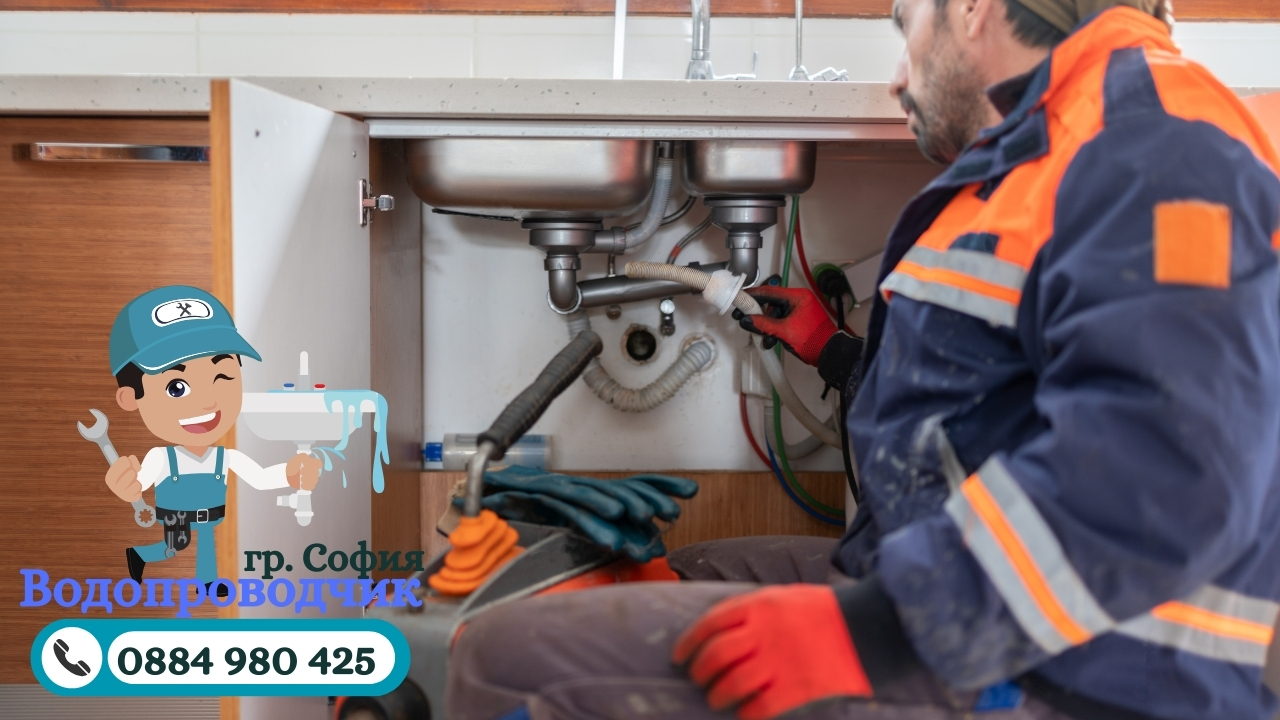ntroduction:
Your HVAC (heating, ventilation, and air conditioning) system plays a significant role in maintaining comfort and indoor air quality within your home. However, like any other mechanical system, it can become clogged over time due to dust, debris, and other particles. Clogged ducts can lead to reduced airflow, inefficient heating and cooling, and even unpleasant odors. In this comprehensive guide, we will discuss the signs of clogged ducts, the causes behind them, and the steps you can take to unclog and maintain your HVAC system effectively.
- Signs of Clogged Ducts:
Recognizing the signs of clogged ducts is essential to address the issue before it becomes a more significant problem. Here are some common indicators that your ducts may be clogged:
a) Reduced Airflow: If you notice that your HVAC system is not providing the same level of airflow as it once did, it could be a sign that your ducts are clogged. Weak airflow can make your home less comfortable and cause your system to work harder, leading to higher energy bills.
b) Strange Sounds: Clogged ducts can cause strange noises, such as whistling, squeaking, or grinding, as your HVAC system struggles to push air through the restricted passageways.
c) Odors: If you detect musty or moldy odors coming from your vents, it could indicate that there is debris or moisture buildup within your ducts.
d) Allergies or Asthma Symptoms: Clogged ducts can contribute to poor indoor air quality by circulating dust, allergens, and other contaminants throughout your home. This can exacerbate allergies or asthma symptoms for some individuals.
- Causes of Clogged Ducts:
There are several factors that can contribute to clogged ducts in your HVAC system:
a) Dust and Dirt: Over time, dust and dirt can accumulate within your ducts, reducing airflow and causing your system to work less efficiently.
b) Animal Nests: In some cases, animals such as rodents or birds may build nests within your ducts, causing blockages and posing potential health hazards.
c) Mold and Mildew: Moisture buildup within your ducts can lead to the growth of mold and mildew, which can not only clog your ducts but also negatively impact your home’s indoor air quality.
d) Poor Maintenance: Regular maintenance of your HVAC system is crucial in preventing clogged ducts. Neglecting routine checks and cleanings can result in a buildup of debris and decreased efficiency.
- Steps to Unclog and Maintain Your Ducts:
To keep your HVAC system running smoothly and your home free of contaminants, follow these steps to unclog and maintain your ducts:
a) Turn off Your HVAC System: Before attempting any cleaning or maintenance, ensure that your HVAC system is turned off at the thermostat and the circuit breaker.
b) Inspect Your Vents: Visually inspect the vents in your home for any signs of dirt, dust, or debris. If you notice any buildup, use a vacuum or brush attachment to gently remove it.
c) Clean Your Return Registers: The return registers are located on the walls or floors of your home and draw air in from the rooms. Remove the registers and gently vacuum out any debris.
d) Access Your Ducts: Depending on the layout of your home and the location of your HVAC system, you may need to access the ducts themselves. Be cautious when doing so, as you may need specialized tools or assistance from a professional.
e) Clean Your Ducts: Use a soft-bristled brush or vacuum attachment to remove any debris from the interior surfaces of your ducts. Be gentle to avoid damaging the ductwork.
f) Seal Any Leaks: Check for any leaks in your ducts and seal them using mastic or duct tape. Leaks can introduce dust, allergens, and moisture into your system, contributing to clogs and reduced efficiency.
g) Schedule Professional Maintenance: Regular professional maintenance is essential for keeping your HVAC system running at its best. A technician can perform a thorough inspection and cleaning of your ducts, ensuring optimal performance and air quality.
Conclusion:
Clogged ducts can have a significant impact on your home’s comfort and air quality, as well as the efficiency and lifespan of your HVAC system. By recognizing the signs of clogged ducts, understanding the causes behind them, and taking the appropriate steps to unclog and maintain your system, you can enjoy a cleaner, healthier living environment. Remember to schedule regular professional maintenance to ensure that your HVAC system operates at peak performance for years to come.
Good company: https://viksofia-eood.com






